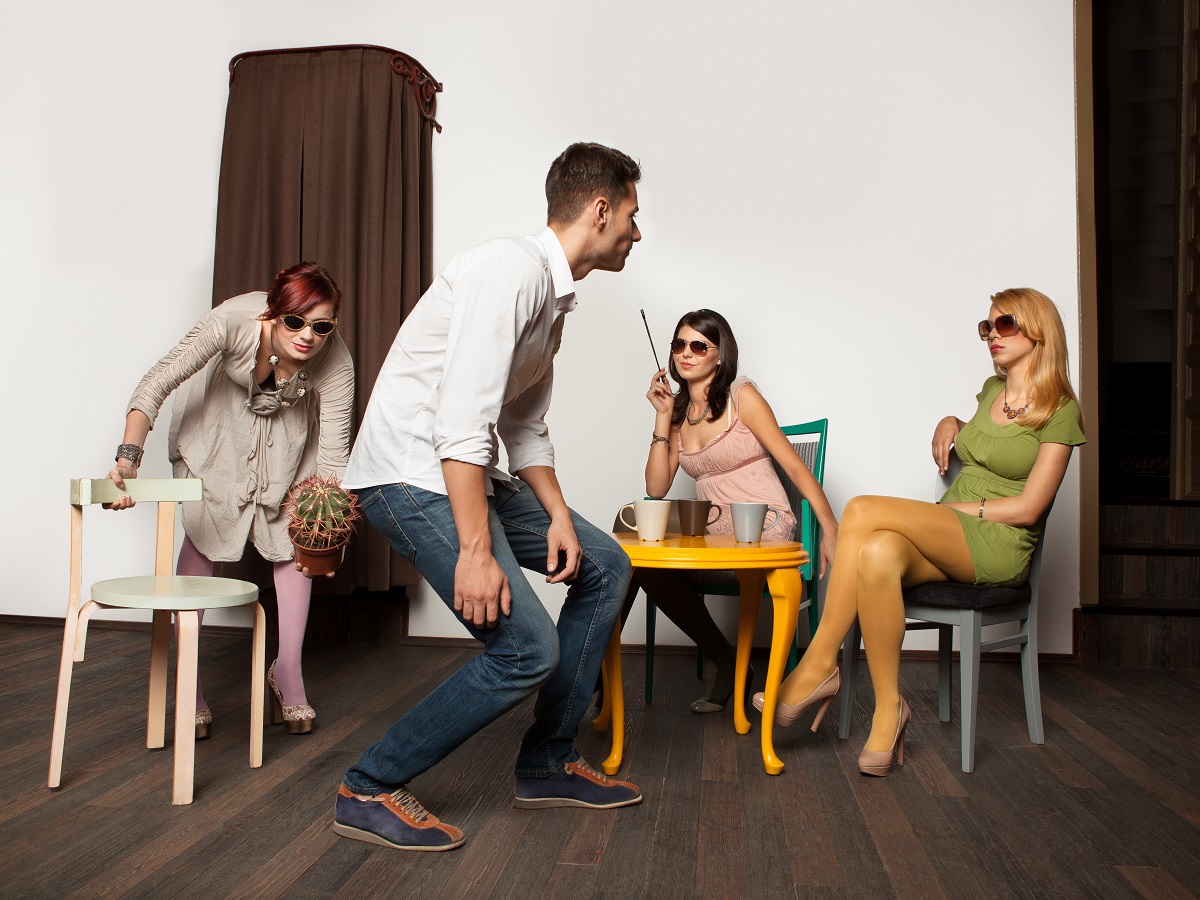
There are two meanings of Reverse Role-play.Īs Client playing the role of the other person to explore how it feels to be in that role and to develop more insight into that person’s thinking or behaviours. See Procedures with Role-play for Client and Counsellor

This type of role-play can be best done with a counsellor playing a limited role as well. Exploring real and unrealistic responses opens up the brain to creativity and to a much more functional response in an actual situation. These new responses or ways of thinking don’t need to be real or definitive. Switching your brain into a creative mode:for exploring new potential response to a certain situation, or creating new ways of thinking about a certain situation.Enacting the different sides of your personality or the dilemma, each in their own time.Expressing the voice in your head that interferes with you getting on with your life joyfully and freely.Externalising Inner thoughts, dilemmas or parts of your personality:.Imagining how it feels to be the other person, and it's sometimes surprising what insights come up as I talk back to me.(sometimes also called reverse role-play) A person who has died who is otherwise absent:.Exploring new potential responses to a certain situation.Practising new behaviours you are not familiar yet: telling someone politely to mind their own business.A way of behaving that is not seen as ‘normal’ or ‘ civilised’.A formal role in your life or life cycle: obedient partner etc.A behaviour you find difficult to enact yourself:.The role of the person you find difficult to deal with.The role you played or saw playing in a certain situation.A behaviour you don’t like about yourself or someone else.The following roles may be played by the client:


According to Wikipedia Role-playing refers to the changing of one's behaviour to assume a role, either unconsciously to fill a social role, or consciously to act out an adopted role.


 0 kommentar(er)
0 kommentar(er)
